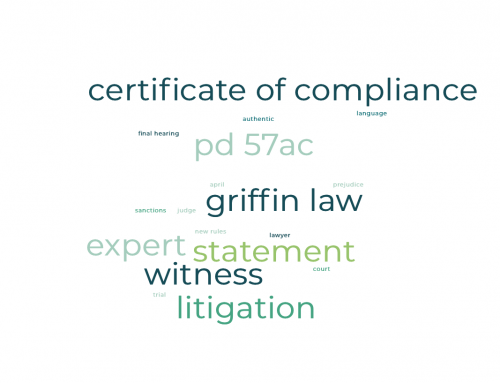The High Court has ordered the defendants to pay most of the claimants’ costs of an application made by the claimants for an order that the defendants could not rely on their expert evidence or, alternatively, requiring the defendants to clarify the scope of their expert evidence and ordering sequential exchange.
It also ordered the parties to engage in discussions about expert evidence, to meet with their experts and to try to agree upon the scope of, and methodology for, producing expert evidence and the preparation of a joint statement.
The court held that the application had been necessary because the defendants had failed to respond to three letters from the claimants which sought their engagement on issues fundamental to ensuring the evidence would be matched and comparable. In addition, the defendants’ witness statement suggested that they intended to produce expert evidence without any consideration of its scope and methodology.
Taking the defendant’s conduct into account, a costs order was made in the claimants’ favour. A downwards adjustment to 85% of costs reflected the degree of re-positioning by the claimants between the application and the hearing.
The decision is a reminder that in almost every case where expert evidence is permitted by exchange of reports, there should be discussion (whether between lawyers or experts, or both) about the scope of the issues. In a case where scientific analysis is needed, an attempt should be made to agree what is to be analysed and by what method, unless the approach is well established and unlikely to be contentious. In every case, the parties must cooperate in the process. This is likely to save costs in the long run, and lead to shorter, focussed reports which deal only with the core issues.
Case: UPL Europe Ltd and another v Agchemaccess Chemicals Ltd and others [2016] EWHC 2889 (Ch) (17 November 2016) (Bailii).




![The role of a sole director in a private limited company following Hashmi v Lorimer-Wing [2022] EWHC 191 (Ch) and Active Wear Limited [2022] EWHC 2340 (Ch).](https://www.griffin.law/wp-content/uploads/2022/03/GL-vert-onblue-500x383.png)
